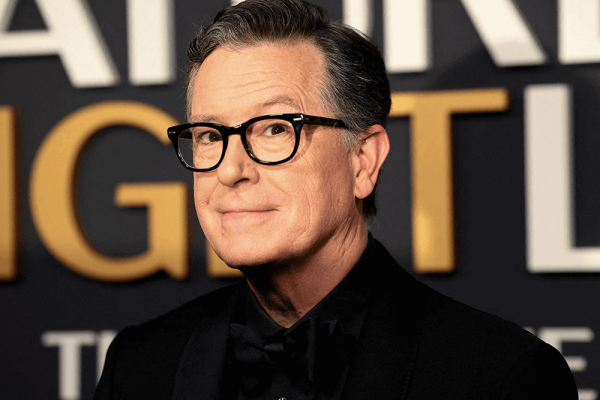Jul 24, 2025
In 2022, Dua Lipa appeared as a guest on The Late Show with Stephen Colbert, and asked him about the role his faith plays in his work.
“Does your faith and your comedy ever overlap?” she asked. “And does one ever win out?”
Colbert first offers a little quip (“I think, ultimately, us all being mortal, the faith will win out in the end”) and then launches into a lengthy and eloquent treatise on how Catholic teaching has trained him to wield humor as a defense against despair.
Read the Full Article

Already a subscriber? Login
